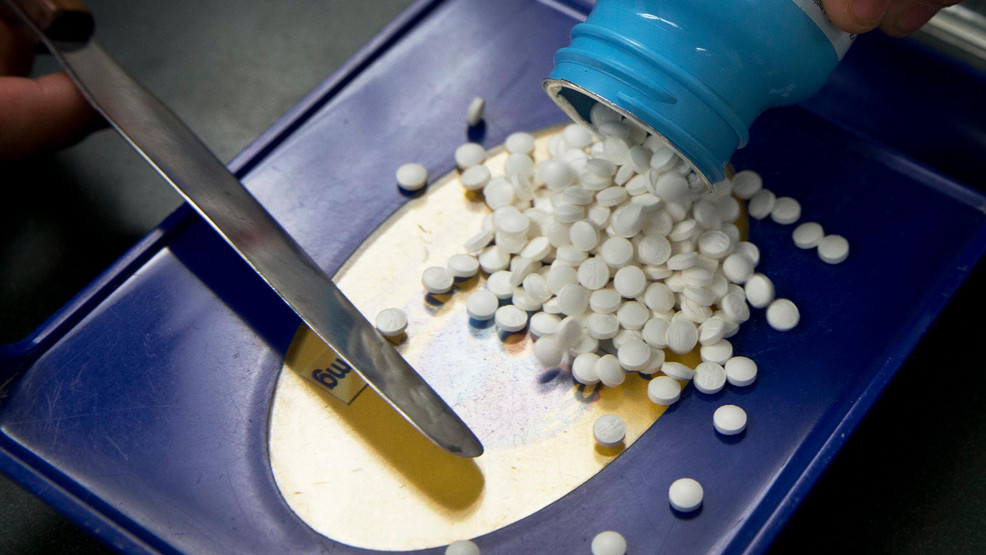Salt Lake City (Associated Press) Erin Fox has been tracking drug shortages for more than 20 years and doesn’t think there are any easy solutions to the record-breaking situation.
According to the University of Utah Drug Information Service, the total number of drug shortages in the first quarter of this year reached a record high of 323, up about 86% from the 10-year low of 174 reported in 2017.
According to data released by the American Society of Health-System Pharmacists, 48 new shortages were recorded through March of this year.
More information on drug shortages from the University of Utah Health Department
Still, Fox sees some positive news coming out. The associate chief pharmacist at the University of Utah Health Department spoke to The Associated Press recently in an interview that has been edited for clarity and length.
Q: Are there any signs that this situation is easing up?
A: Unfortunately, no. Some of the underlying causes have not necessarily been addressed.
Overall, there are relatively few manufacturers. The (U.S. Food and Drug Administration) stopped inspections during the pandemic, but now they’re starting up again at plants that hadn’t been inspected in five or six years. They’re finding things that need to be fixed. Those fixes can take six to 18 months for production to get fully back on schedule.
Meanwhile, other companies don’t necessarily have the capacity to ramp up production to make up the difference.
This is not the FDA’s fault, and we hope they find quality defects, but if they go in to investigate everything at once, it can be pretty chaotic.
Q: What are typical medicines that end up on the shortage list?
A: Generic injectable hospital drugs and older drugs. These are usually much lower cost. The supply chain is not resilient enough for others to make up the difference.
Last year’s chemotherapy shortages were caused in part by quality issues discovered by a large factory in India (the FDA) that makes most of the supply for the U.S. Other companies were unable to quickly fill the gap.
The situation has definitely improved, but the factory is still not operational.
Q: What do patients underestimate about the shortage?
A: They shouldn’t automatically assume that they won’t be able to get the treatment.
There may be delays, or you may have to take a capsule instead of a tablet. You may have to call your insurance company and ask whether the brand-name drug is covered, because there may be a brand-name drug available when a generic version is not.
Don’t panic: It’s frustrating that it takes a little effort, but it can usually be treated.
Q: Any good news?
A: Congress has had four hearings on the shortage in the last year. Congress remains very interested. People are starting to talk seriously about not only policy-wise but also working as a Congress to really move the issue forward.
I’ve been leading efforts to provide data on drug shortages since 2001, and this is truly the greatest interest I’ve ever seen.
___
The Associated Press Health and Science Department receives support from the Howard Hughes Medical Institute’s Science Education Media Group. The AP is solely responsible for all content.

